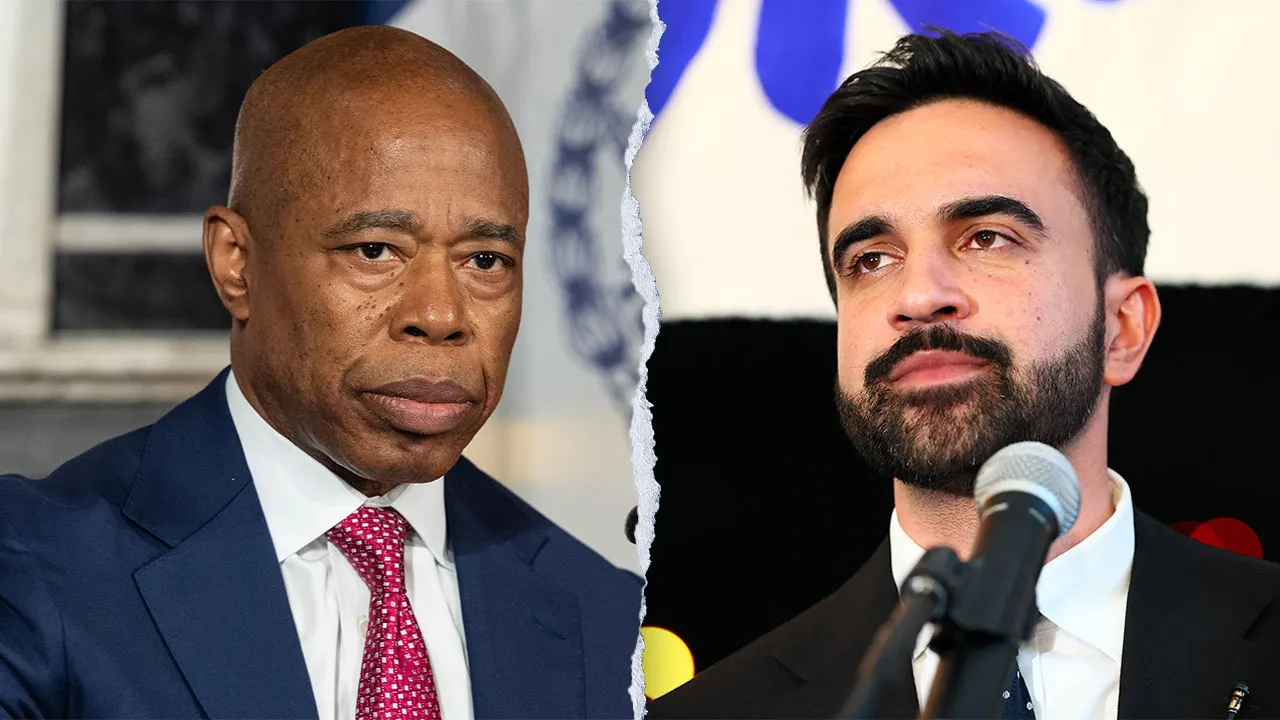Ukraine has officially stopped the transit of Russian natural gas to Europe as of January 1, 2025, marking the end of a critical five-year agreement between Naftogaz and Russia’s Gazprom, as reported by The Gateway Pundit.
This pipeline, once responsible for transporting 40 billion cubic meters of gas annually, has been a lifeline for Europe’s energy needs for decades.
Ukraine halts flow of Russian gas to Europe. https://t.co/YDcrNWwlpV #gas #natgas #energy #Germany #Russia #Ukraine
— Manchester Chronicle 🐝 (@WithyGrove) January 1, 2025
Celebrate Trump’s Historic 2024 Victory with the Exclusive Trump 47th President Collection!
The decision to cut off one of the final major routes for Russian gas introduces significant challenges for energy security across the continent.
Herman Galushchenko, Ukraine’s energy minister, called the move a “historic event,” emphasizing its impact on Russia’s energy dominance.
“Russia is losing markets, it will suffer financial losses,” he stated. Ukrainian President Volodymyr Zelensky has been vocal about shutting down the pipeline, even in the face of backlash from nations like Slovakia and Hungary, which heavily depend on Russian gas.
Slovak Prime Minister Robert Fico has been outspoken in his criticism of Zelensky’s decision. He accused Ukraine of prioritizing its political ambitions over the welfare of neighboring nations.
“After Jan. 1, we will assess the situation and the possibilities of reciprocal measures against Ukraine,” Fico said in a Facebook video. He warned that Slovakia might halt electricity exports to Ukraine, a significant blow given the region’s energy interdependence.
#Watch | Slovak Prime Minister Robert Fico on Wednesday said that the stoppage of Russian gas transit through Ukraine will have “drastic” impact after Ukraine refused to renew a transit agreement.#TransitAgreement #RussianGas #UkraineWar #Slovakia #RobertFico pic.twitter.com/9VAeCnbhPA
— DD India (@DDIndialive) January 1, 2025
Fico, who has shifted Slovakia’s foreign policy closer to Russia since taking office, slammed the EU for what he sees as a lack of concern over the economic damage caused by the gas transit stoppage.
“By stopping gas transit, President Zelensky will cause billions of dollars in damage to the EU, including Slovakia, and the EU’s competitiveness will be further reduced,” he stated.
Slovakia stands to lose approximately €500 million in transit fees, further complicating its energy strategy.
While Hungary will continue to receive Russian gas via the TurkStream pipeline through Turkey, the disruption of the Ukrainian route adds to regional instability.

Slovakia has storage capacity and contracts with non-Russian suppliers like BP, Shell, Eni, and RWE, but alternative routes are expected to drive up costs.
Fico, who recently visited Russian President Vladimir Putin, remains critical of what he sees as an overreliance on sanctions and a lack of realistic solutions from Western allies.
“The big ones in the EU don’t mind. Mainly that in the name of an unrealistic goal to weaken Russia, the Slavs will continue to bully each other,” Fico remarked.
The energy dispute highlights deepening divisions within Europe, as countries weigh the economic costs of severing ties with Russian gas against the broader geopolitical goal of isolating Moscow.
Ukraine, emboldened by Western backing, appears unwilling to compromise, while Slovakia and Hungary voice growing discontent. As Europe braces for the long-term effects of this decision, the region’s energy policies face their toughest test yet.
Read the full article here


![Ukraine Shuts Down Russian Gas Transit to Europe Amid Tensions, Slovakia Threatens [WATCH] Ukraine Shuts Down Russian Gas Transit to Europe Amid Tensions, Slovakia Threatens [WATCH]](https://www.lifezette.com/wp-content/uploads/2024/09/2024.09.24-12.32-lifezette-66f2b14064959.jpg)









